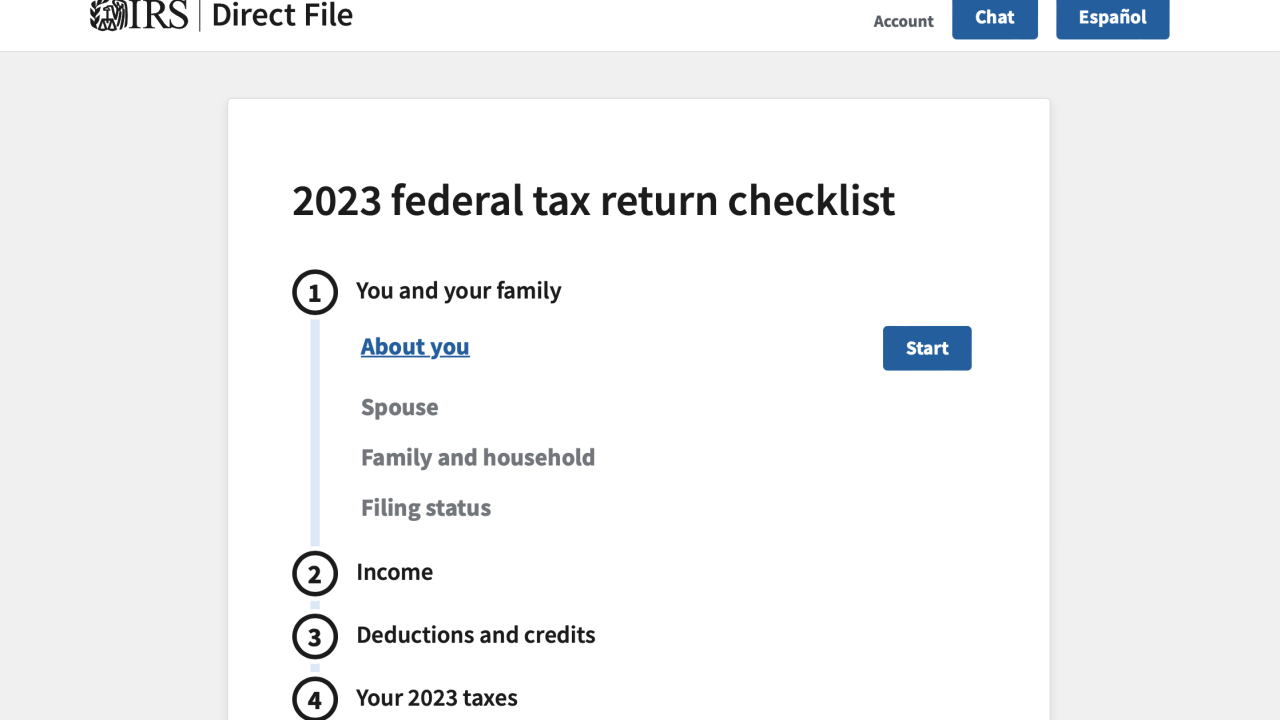The Obama administration released detailed plans to cut $800 billion in taxes on small businesses and middle-class families over the next 10 years, while raising $122.5 billion in corporate taxes
The Treasury Department published on Monday its so-called "
The tax hikes came against the backdrop of the administration releasing revised budget projections on Monday that indicate a growing deficit. Budget director Peter Orszag wrote in a
Despite the growing deficit, the administration is still promising relief to middle-class families and small businesses in its greenbook. The Making Work Pay Credit, said the Treasury Department, would provide tax cuts for 95 percent of working families, saving a typical couple $800 per year.
The budget also proposes to boost retirement savings by expanding the existing Savers Credit for taxpayers who work. The new credit will match 50 percent of the first $1,000 of savings for the typical family and will be refundable to give more low-income workers the opportunity to save for retirement. The budget also includes plans to set up automatic enrollment in IRAs so more families can participate in retirement-saving plans.
In addition, the budget makes permanent the American Opportunity Tax Credit, worth up to $2,500 per year for up to four years, to spur college enrollment.
The budget also provides $99 billion in tax cuts for small businesses, in part by making permanent the Research and Experimentation Credit, eliminating the capital gains tax on investments in small business stock, and expanding the net operating loss carryback provision.
On the minus side of the ledger, the Obama administration is looking to repeal hundreds of billions of dollars in tax preferences for oil companies and overseas investments by multinational corporations. The budget proposes to close dozens of loopholes, including measures to raise $36 billion by rolling back tax breaks for oil companies, including special credits that subsidize oil exploration and drilling; and $86.5 billion by closing the check-the-box loophole, which gives companies that invest overseas the ability to make their foreign subsidiaries disappear for tax purposes, enabling them to shift profits to overseas tax havens.
This administration has proposed a budget that encourages growth, improves the fairness of the Tax Code and supports the presidents critical priorities in a fiscally responsible manner, said Treasury Secretary Tim Geithner.
The budget also promises to save more than $103 billion by ending tax preferences for international investments, including a tax deferral rule that allows companies to take an immediate deduction for their overseas investment expenses while delaying paying taxes on overseas income, and rules that allow firms to claim excessive tax credits for their overseas investments. The administration also aims to save $58 billion to support its plans for a Health Reform Reserve Fund by closing domestic tax loopholes and increasing domestic compliance. This includes targeting valuation strategies used by those facing estate and gift taxes that allow them to undervalue transferred property, denying a tax deduction for businesses hit with punitive damage claims, and repealing preferential tax treatment for commodities dealers and day traders.
In addition, the greenbook contains a number of proposals of special interest to accountants, including expanded requirements for electronic tax filing, as well as provisions to end the LIFO method of inventory accounting and to tax carried interest as ordinary income (see





